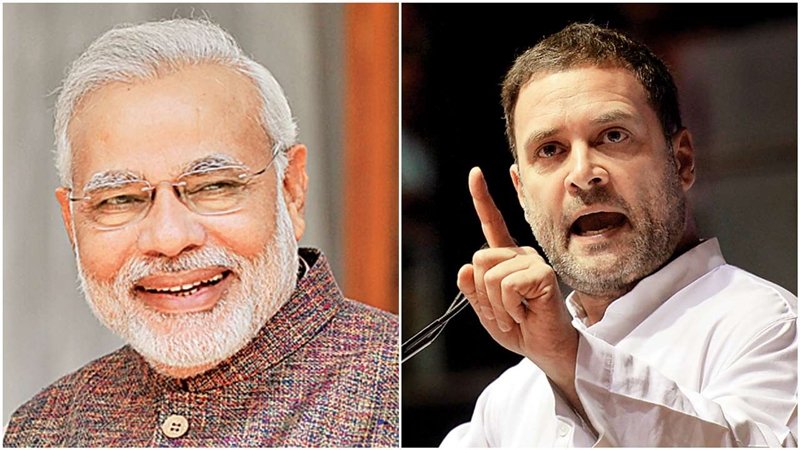





In today’s digital age, online polls have emerged as a pivotal tool for gauging public opinion, shaping discourse, and influencing decisions across various domains. These versatile and accessible platforms have transformed the way individuals, businesses, and governments gather insights and make informed choices. From political elections to market research and social media interactions, the impact of online polls reverberates through society. Let’s delve into their significance, methodology, and implications within different spheres.
I. Understanding the Significance of Online Polls
Online polls hold immense significance in contemporary society, serving as a fundamental tool for:
1. Engaging and Accessing Diverse Audiences
Online polls break geographical barriers, allowing participation from a global audience. They offer a convenient platform for people to voice their opinions irrespective of their location or time zone. This inclusivity enhances the representativeness of the data collected, providing a broader perspective on various issues.
2. Real-Time Data Collection and Analysis
The immediacy of online polls facilitates rapid data collection and analysis. This real-time feedback enables quick decision-making, making them invaluable in scenarios requiring swift responses, such as emergency situations, marketing campaigns, or public opinion on current events.
II. Methodology Behind Effective Online Polls
The effectiveness of online polls hinges upon several key methodologies, including:
1. Sample Selection and Size
Careful consideration of the sample size and selection methodology is critical to ensure the poll’s accuracy and reliability. Utilizing random sampling techniques or targeting specific demographics helps in obtaining a representative sample that reflects the larger population’s diversity.
2. Question Design and Bias Mitigation
Crafting neutral and unbiased questions is essential to elicit genuine responses. Avoiding leading or loaded questions ensures the authenticity of the collected data. Employing various question formats like multiple-choice, Likert scales, or open-ended queries allows for a comprehensive understanding of respondents’ viewpoints.
III. Implications and Applications of Online Polls
Online polls have far-reaching implications across diverse fields:
1. Political Decision-Making and Campaigning
Political entities leverage online polls to gauge public sentiment, understand voter preferences, and tailor their campaigns accordingly. These polls serve as barometers for political landscapes, influencing policy decisions and election strategies.
2. Market Research and Consumer Feedback
Businesses utilize online polls to gather consumer feedback, conduct market research, and refine their products or services. Understanding consumer preferences and trends aids in targeted marketing strategies and product development, fostering customer satisfaction and loyalty.
In conclusion, the rise of online polls signifies a paradigm shift in information gathering and decision-making processes. Their accessibility, real-time nature, and ability to engage diverse audiences make them indispensable tools across various sectors. However, it’s crucial to interpret their results judiciously, considering factors like sample bias and question framing to derive accurate insights and ensure their meaningful impact in shaping opinions and decisions.


